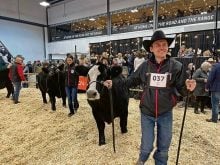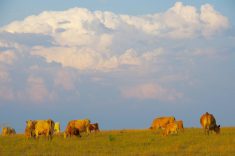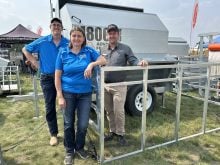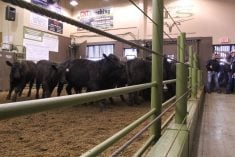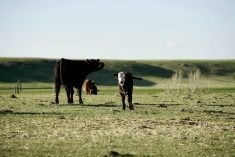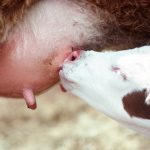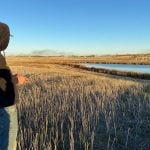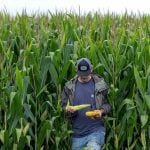It was unanimous and the decision went on record without much discussion at the Saskatchewan Cattlemen’s Association’s annual general meeting in January. Following presentations at the fall district meetings about the importance of increasing the National Checkoff to $2.50 per head to support the new National Beef Strategy, Saskatchewan producers showed no hesitation in giving it the go-ahead.
“Now we have direction from our members to help the national association get this going,” says SCA incoming chair Ryan Beierbach. “Each province can choose to raise its National Checkoff unilaterally, but the proposal has to be supported by all provincial associations before it can be imposed on beef imports.”
Read Also
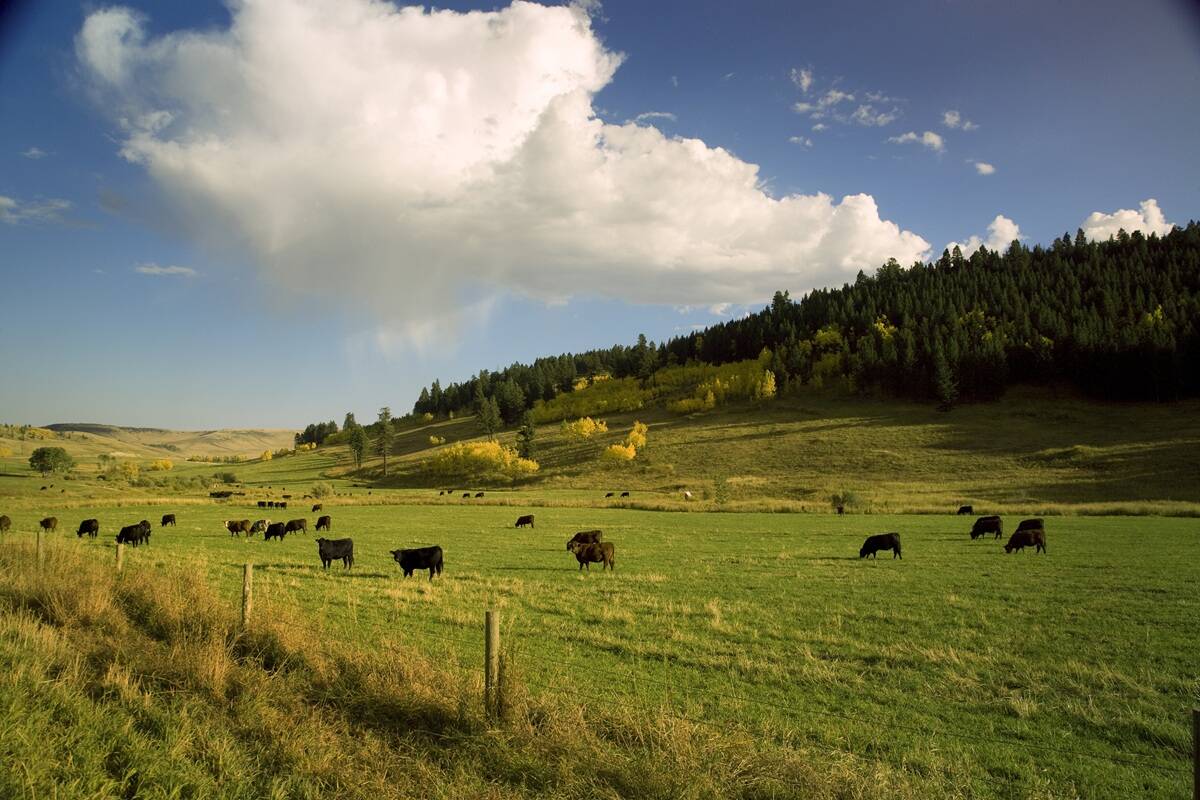
Are you a competitive supplier of weaned beef calves?
Beef farmers and ranchers need to strategically manage costs to achieve and maintain profitability.
Members reaffirmed that the SCA is headed in the right direction on several initiatives that have been on the books for the past year or two.
The SCA will continue to meet with Saskatchewan Crop Insurance Corporation (SCIC) to work out any kinks that turn up in the provincial wildlife damage compensation program, forage insurance program and Western Livestock Price Insurance Program (WLPIP).
Members voted in favour of lobbying the provincial government to create an appeal process independent of SCIC control for suspected cattle losses to predators and to address how the compensation paid to producers is determined.
WLPIP is currently operating as a pilot program and SCA members want to make sure it becomes permanent. One improvement they’d like to see is updated technology that would allow producers to better manage the time sensitivity of the program and an alternative payment scheme. As it stands, producers pay when they take out a policy, rather than at a later date as with crop insurance.
Beierbach says the SCA has had several meetings with the RCMP to discuss the possible appointment of a dedicated officer trained to respond to cattle theft and fraud cases but no agreement has been reached so far. This year, SCA members agreed to take another direction by lobbying the board of Livestock Services of Saskatchewan to look into the possibility of hiring an RCMP officer.
Beierbach takes over the chair of the SCA at an exciting time for the Canadian beef industry, with the development of the National Beef Strategy, the repeal of mandatory country-of-origin labelling in the U.S. and the advent of the Trans-Pacific Partnership to create a level playing field for beef trade among 11 countries. SCA’s role will be to keep these trade issues in front of the provincial and federal governments at every opportunity that arises, he explains.
Based on support for another resolution the meeting agreed that the SCA will initiate a request to the Canadian Cattlemen’s Association and the Canadian Food Inspection Agency to start the debate over removing the requirement for the “CAN” brand on export feeder cattle imposed because of BSE. This would eliminate the need to unload cattle at the border.
The removal of the CAN brand also ties into an SCA initiative to publish and promote any information that makes it easier for customers from the northern states and Ontario to competitively bid on Saskatchewan feeder cattle, Beierbach adds.
At home, the SCA will work on organizing profitability seminars for producers apart from the district and annual meetings. It’s all about value — another way for SCA to provide value to members, producers getting more value from their operations, and creating more value for Saskatchewan cattle.
Beierbach is no stranger to beef industry politics. He has served on the board since the SCA’s inaugural annual general meeting in January 2010, first as an appointed representative of the Saskatchewan Stock Growers Association and four years as an elected representative for SCA’s District 1. He has chaired the environment and animal health committees, and served as vice chair last year. He also sits on the board of the Canadian Roundtable for Sustainable Beef and the Beef Cattle Research Council.
Beierbach ranched with his family in the Cypress Hills near Maple Creek, Sask., and is a graduate from the agribusiness course at Lakeland College. In 2002, he and his wife, Tania, established their own ranch near Whitewood. Today, they and their three children run a 550-cow herd and a High Plains Ranch Supply store on the farm and online.
In 2012, he was among the second group to graduate from the Cattlemen’s Young Leaders program and now becomes the first of many from the program in the years ahead to chair a provincial industry association.



